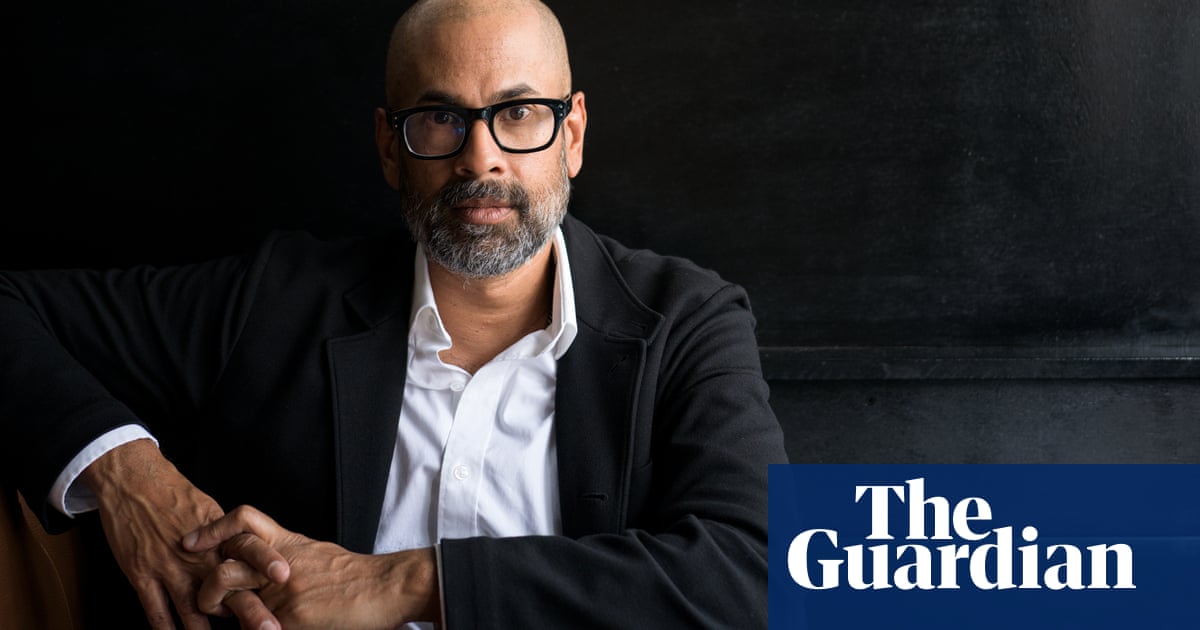A woman is beguiled by wealth while her billionaire employer aims to give his fortune away, in a propulsive exploration of money and race
Longtime readers of Rumaan Alam will recognise the formula deployed in his fourth novel, Entitlement. As in 2018’s That Kind of Mother and 2020’s Leave the World Behind, narrative thrust depends on interactions between white and Black characters: in this case, the 33-year-old Brooke Orr (Black), a disillusioned former teacher, and her new employer, a billionaire named Asher Jaffee (white), who in his winter years has decided to give away his fortune via an eponymous foundation. In the early stages of their relationship, Asher imparts to Brooke advice that will damn her for the rest of the novel: “Demand something from the world. Demand the best. Demand it.” He dubs her his protege.
From there, Alam constructs a series of neatly corresponding variations between the two which, put together, amount to a portrait of America circa 2014. Asher wants to get rid of money. Brooke wants to acquire it. For Brooke, the years after 9/11 occasioned an economy “frail enough that [she] fled home, found a part-time stint at a shop that sold (yes) high-end yarn”. For Asher, 9/11 gave rise to more wealth, however unintended. Brooke is ambivalent about race, having “spent most of her time with white people, who never discussed [it] … because they did not need to. Somehow to hear it … seemed demeaning.” Asher, meanwhile, ruminates on “how her shorn hair would feel”. Continue reading...
http://dlvr.it/TDNJbg
Longtime readers of Rumaan Alam will recognise the formula deployed in his fourth novel, Entitlement. As in 2018’s That Kind of Mother and 2020’s Leave the World Behind, narrative thrust depends on interactions between white and Black characters: in this case, the 33-year-old Brooke Orr (Black), a disillusioned former teacher, and her new employer, a billionaire named Asher Jaffee (white), who in his winter years has decided to give away his fortune via an eponymous foundation. In the early stages of their relationship, Asher imparts to Brooke advice that will damn her for the rest of the novel: “Demand something from the world. Demand the best. Demand it.” He dubs her his protege.
From there, Alam constructs a series of neatly corresponding variations between the two which, put together, amount to a portrait of America circa 2014. Asher wants to get rid of money. Brooke wants to acquire it. For Brooke, the years after 9/11 occasioned an economy “frail enough that [she] fled home, found a part-time stint at a shop that sold (yes) high-end yarn”. For Asher, 9/11 gave rise to more wealth, however unintended. Brooke is ambivalent about race, having “spent most of her time with white people, who never discussed [it] … because they did not need to. Somehow to hear it … seemed demeaning.” Asher, meanwhile, ruminates on “how her shorn hair would feel”. Continue reading...
http://dlvr.it/TDNJbg


Post a Comment